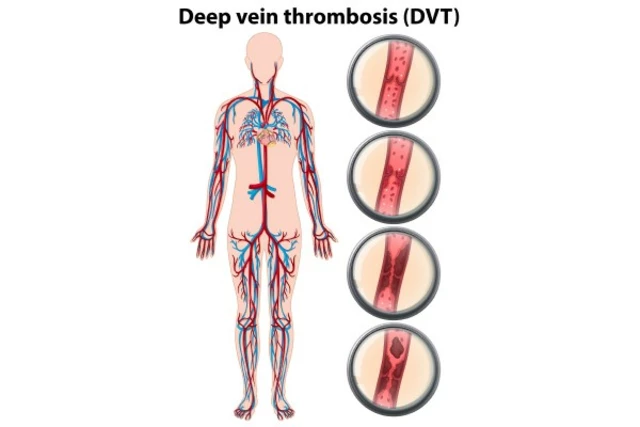Acetyl-L-Carnitine: What It Does, How It Works, and What Studies Show
When you hear acetyl-l-carnitine, a modified form of the amino acid carnitine that crosses the blood-brain barrier to support nerve cells and energy production. Also known as ALCAR, it’s not just another supplement—it’s one of the few compounds with real, measurable effects on brain function and cellular energy. Unlike regular carnitine, which mostly helps muscles burn fat, acetyl-l-carnitine goes straight to your brain and nerves. That’s why people use it for focus, memory, and even mood support—not just for gym gains.
It works by helping mitochondria, the power plants inside your cells, make more ATP—the energy your brain and body run on. But it doesn’t stop there. Acetyl-l-carnitine also helps recycle acetylcholine, a key brain chemical involved in learning and memory. That’s why it shows up in studies about cognitive decline, ADHD, and even long-term brain health. It’s not a magic pill, but when used right, it can make a noticeable difference in mental clarity and fatigue resistance.
Related compounds like sulbutiamine, a synthetic vitamin B1 derivative used for mental fatigue and motivation, and galantamine, an acetylcholinesterase inhibitor that boosts memory and attention are often compared to acetyl-l-carnitine because they target similar pathways. But acetyl-l-carnitine is unique—it doesn’t just stimulate neurotransmitters, it repairs the system that makes them. That’s why you’ll see it in research on aging, nerve damage, and even depression linked to low energy.
People take it for different reasons: students wanting sharper focus, older adults trying to hold onto memory, or folks on long-term meds who feel mentally foggy. It’s not a replacement for sleep, exercise, or good nutrition—but it can fill a gap when your body’s energy production is running low. And unlike stimulants, it doesn’t crash you. It just helps your brain work more efficiently.
You’ll find posts here that compare it to other brain and energy supplements, look at how diet affects its performance, and even check how it interacts with medications like antipsychotics. Some studies suggest it helps with nerve pain, others show benefits for mitochondrial health in chronic illness. It’s not for everyone, but if you’ve tried the usual suspects and still feel mentally drained, acetyl-l-carnitine might be the missing piece—not because it’s powerful, but because it’s precise.
How Acetyl-L-Carnitine Affects Blood Pressure and Circulation
Acetyl-L-carnitine may help lower mild high blood pressure and improve circulation by boosting nitric oxide and reducing oxidative stress. Studies show real benefits for older adults, diabetics, and those with cold extremities.
About
Nutrition and Supplements
Latest Posts


How to Reduce the Risk of Deep Vein Thrombosis During Long Flights
By Marcel Kornblum May 12, 2023

Caffeine and Medication Safety: What You Need to Know About Dangerous Interactions
By Marcel Kornblum Jan 10, 2026

Buy Generic Bupropion Online Cheap: Safe Options, Prices, and Risks (2025)
By Marcel Kornblum Sep 7, 2025

